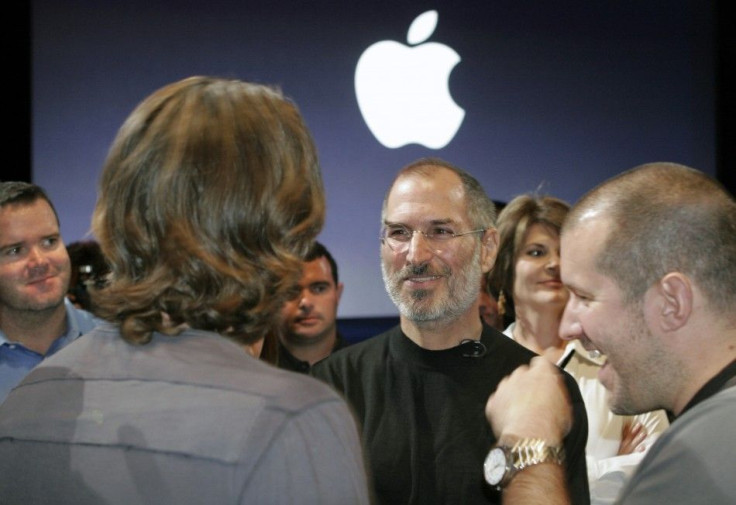Apple, Minus ‘Minister of Magic,’ Could Tap Cash for Acquisitions

Now that Steve Jobs has stepped down as Apple's CEO, could the company dip into its cash reserve to make major acquisitions? Apple had cash and investments exceeding $76 billion last quarter.
Historically, the company has shied away from large purchases, although this year it was the leader in the syndicate that laid out $4.5 billion for patents from Nortel Networks. Apple hasn't disclosed what its share was in the group that included Research in Motion, EMC, Sony, Ericsson and Microsoft.
Minus Jobs, whom the Economist dubbed the minister of magic, Apple might use the cash, most of which is outside the U.S., to buy companies and properties that would be accretive.
An obvious target could be Britain's ARM Holdings, the chip design company that is responsible for the success of the iPod, iPhone and iPad. ARM's market capitalization is around $11.6 billion. ARM, a fabless semiconductor company, would bring intellectual property to the Cupertino, Calif.-based company but would also freeze out its other customers.
Another prospect could be Taiwan's Hon Hai Precision Industries, also known as Foxconn, which is Apple's biggest contract manufacturer. Apple long ago assigned all of its manufacturing to U.S. contract electronics makers, then moved offshore.
Shares of Hon Hai, valued around $22 billion, fell 4.6 percent Thursday. The company issued a statement: We wish Mr. Jobs to stay healthy.
Buying a contract manufacturer may assure steady assembly lines but hardly assure Apple creativity and new products.
Previously, Apple has paid for chips, software and IP. Back when he returned as CEO in 1997, the company paid $404 million for his NeXT Computer, which was largely owned by billionaire Ross Perot. It spent $278 million for PA Semiconductor and $121 million for Intrinsity, both of which provided technology for the iPhone and iPad product lines.
Last year, under Jobs, Apple paid $275 million for Quattro Wireless, the mobile advertising specialist headed by Andy Miller, who now is Apple Vice President for Mobile Advertising.
More likely, a future acquisition will come from something creative, such as startups managed by Kleiner Perkins Caufield & Byers in its iFund established to spearhead applications for the iPhone.
With $200 million in 2008 plus an additional $100 million last year, the Silicon Valley venture capital firm has seeded nearly 30 companies that already work with Apple. Among them are Zynga, which has filed for an IPO; Egnyte, which is developing a file server for cloud computing and Flipboard, the social magazine.
As well, the iFund has some foreign investments, CE Info Systems of New Delhi, which operates MapMyIndia; and AutoNavi, a Beijing-based developer of map software for the car.
The Kleiner Perkins partners are an experienced bunch, including HP Chairman Ray Lane and new HP director Meg Whitman, a former eBay CEO; that could mean new Apple CEO Tim Cook with new Chairman Steve Jobs might want to buy some of these startups before they get bought by HP or file for an IPO.
Apple, as well, could do what other cash-rich technology companies like Microsoft have done: pay a special dividend to shareholders or a announce share buyback. The latter was suggested by analysts including Maynard Um of UBS.
Apple shares were down slightly Thursday at $369.97, giving it a market capitalization of $343.3 billion.
© Copyright IBTimes 2024. All rights reserved.






















